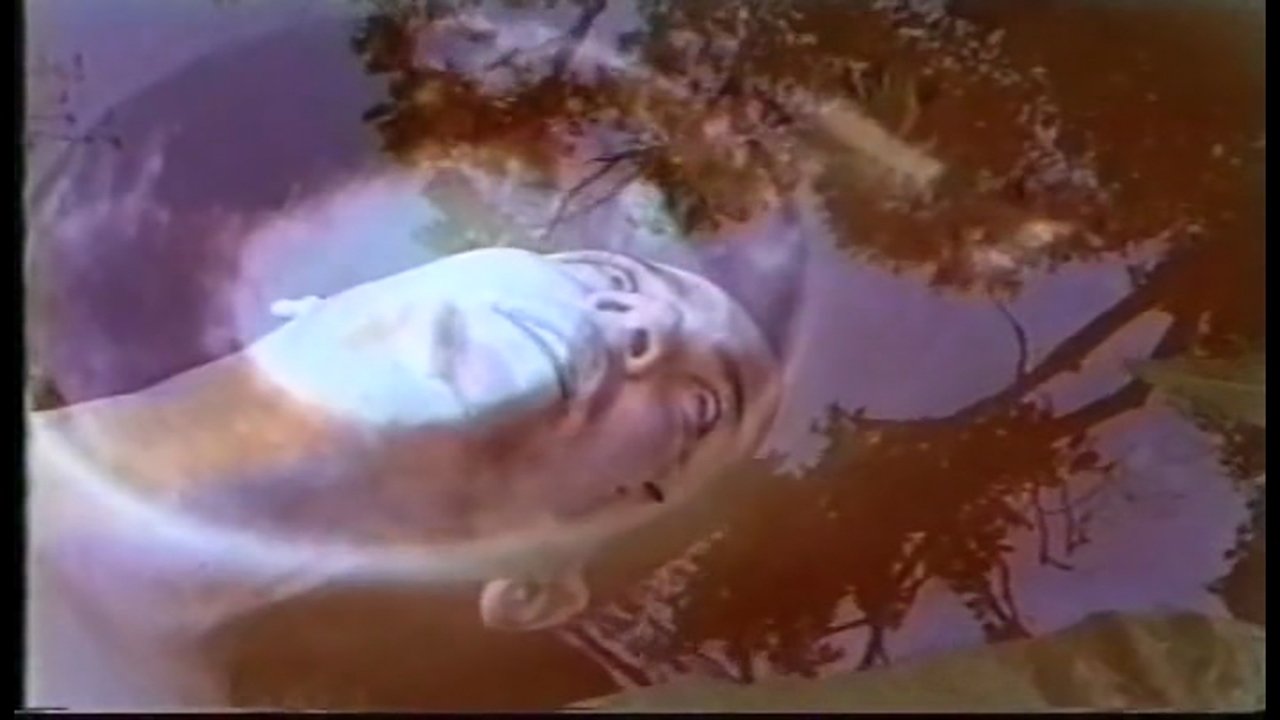
Like a Wave in the Sea
"Experimental video"
1998
0h 4m
0.0(0 votes)
Music
Overview
Like a Wave in the Sea
Links & Resources
Social & External
Cast & Crew
1 member
Acting
Rebeca Matta
Ela
No Image

"Experimental video"
Like a Wave in the Sea
Social & External
Ela